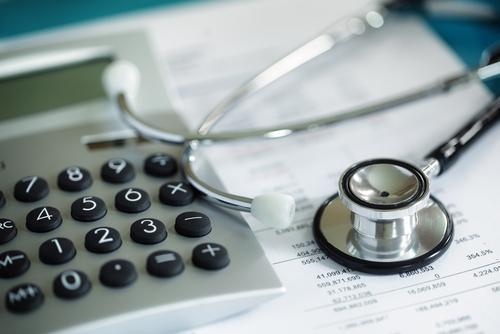 If you receive Medicare benefits and are injured in an accident, federal law provides the Centers for Medicare and Medicare Services (CMS) with extensive authority to ensure that Medicare does not cover expenses for which it should not be liable. Commonly referred to in legal circles as a Medicare “super lien,” the power held by CMS is not actually a lien, but instead the right to recover any payment made for expenses that should have been the responsibility of another insurance company or liable party.
If you receive Medicare benefits and are injured in an accident, federal law provides the Centers for Medicare and Medicare Services (CMS) with extensive authority to ensure that Medicare does not cover expenses for which it should not be liable. Commonly referred to in legal circles as a Medicare “super lien,” the power held by CMS is not actually a lien, but instead the right to recover any payment made for expenses that should have been the responsibility of another insurance company or liable party.
Conditional Payment
Under law, Medicare will not pay for items or services if payment “has been made or can reasonably expected to be made under a workers’ compensation plan, an automobile or liability insurance policy or plan (included a self-insured plan or under no-fault insurance.” When payment is not made by the expected primary payer, however, Medicare may provide coverage on a conditional basis, which must be reimbursed if and when the primary payer does make payment. This includes payments made directly to a medical provider, as well as payments intended for the Medicare beneficiary in the form of a settlement, judgment or other award.
Notification Requirements
When a Medicare beneficiary files a personal injury or workers’ compensation claim, he or she is required to notify CMS of the impending action, and may do so through an attorney. Medicare, then, will begin tracking claims related to the particular case and compiling a list of conditional payments made. Once a settlement agreement has been reached, or a verdict rendered, CMS will issue a recovery demand letter to the beneficiary and his or her attorney. Any conditional payments must be reimbursed to CMS within 60 days.
Medicare’s Power of Recovery
In most cases, CMS can and will be paid directly by the attorney prior to disbursing any funds received in a settlement or a judgment. However, federal law also authorizes Medicare to mandate reimbursement from the primary payer. Such payment may be required even if the primary payer has already paid the claimant or the claimant’s medical providers, meaning the primary payer may be required to pay twice.
Likewise, the claimant’s attorney, as well as any other party who received payment from the primary plan, may be held responsible for reimbursing Medicare for conditional payments. In addition to lawyers, this may include hospitals, doctors, state agencies or other private insurers.
Get Legal Help for Your Personal Injury Claim
If you are currently receiving Medicare benefits and have been injured in an accident, an experienced Hartford personal injury attorney can help you navigate the complexities of the CMS system. Contact Woolf & Ross Law Firm, LLC today to schedule a consultation. We will review your case, help you understand your options, and work with you to ensure your rights under the law are fully protected.
 50 Founders Plaza
50 Founders Plaza

